Reach out to us


Housekeeping Services
We look at housing services as way to solve your business and servicer problem and not as manpower services.
Call Us Now +91 86579 14191

Focus on Cost Reduction
We look at your existing facility management practice and suggest ways to reduce manpower and improve efficiency.
Call Us Now +91 86579 14191

Latest Equipments
We recommend best equipments and its applications based on our experts who are from top hospitality and facility management company.
Call Us Now +91 86579 14191

Engineering Maintenance Services
Following best practice and way to reduce breakdowns by focusing on preventive maintenance is main moto of our engineering maintenance services department.
Call Us Now +91 86579 14191

Property Audit
We do 360 degree audit of property, it includes flow of traffic including man and material, hospitality and customer experience not just maintenance.
Call Us Now +91 86579 14191

Pantry Services
We focus on high quality and consistent experience as our priority for our pantry services.
Call Us Now +91 86579 14191

Advance Equipments & Machinery
Experienced team from Crest can manage all advance equipments and machinery used for maintenance of your facilities.
Call Us Now +91 86579 14191
CREST PROPERTY
Take Steps as a Beginner. Take Steps Beyond the Service Delivery.
Crest is a full service Property Management company that provides services post purchase of a residential and commercial asset. We are a subsidiary of Rustomjee Group, a leading real estate development company, based out of Mumbai. Crest was conceptualised and started in the year 2017 and is already managing a wide number of projects for property management services.
Crest has two service segments, Property Management and Leasing services both of which are complementary to each other.
We believe in People, Process and Learning. Use Technology to make our customer’s life simple.
Siddharth Bhatt, CEO
WORKING WITH EXCELLENT
Our special services

Complete management of your property from security to housekeeping to engineering services. Managing clubhouse, concierge and AMC.

Cleaning services for focused area to improve the flooring look and life, furniture, curtains, carpets etc.

Manage your property trough specialist for key management find tenant that suits your requirements and optimise your ROI

Managing your reception and front desk, admin roles, office assistant we will take care of these requirements as extension of your organisation culture

SCALABLE AND EXPANSIVE
Our Portfolio

Luxury Residences

Township Management

Mall Management

Gated Communities

Housekeeping

F & B Services
Testimonial
What our clients saying?
My family and I want to express our gratitude to the entire Crest team who are working so hard to keep all the residents safe and have made our lives so comfortable despite the tough situation due to Covid-19
Amey Saxena, CEO Platinum One
We are extremely happy with all team members of Crest Hospitality team who goes out of the way to extend services which we never asked but they are thinking ahead of their duties
Uday Chinai, Chairman BVC Ventures.
"Very meticulous, proactive and team that goes above and beyond for Tenants. We moved from Bangalore to Mumbai and we had superb experience"
B Venkatesh and Sangeeta
WORKING WITH EXCELLENT
Latest news & blog


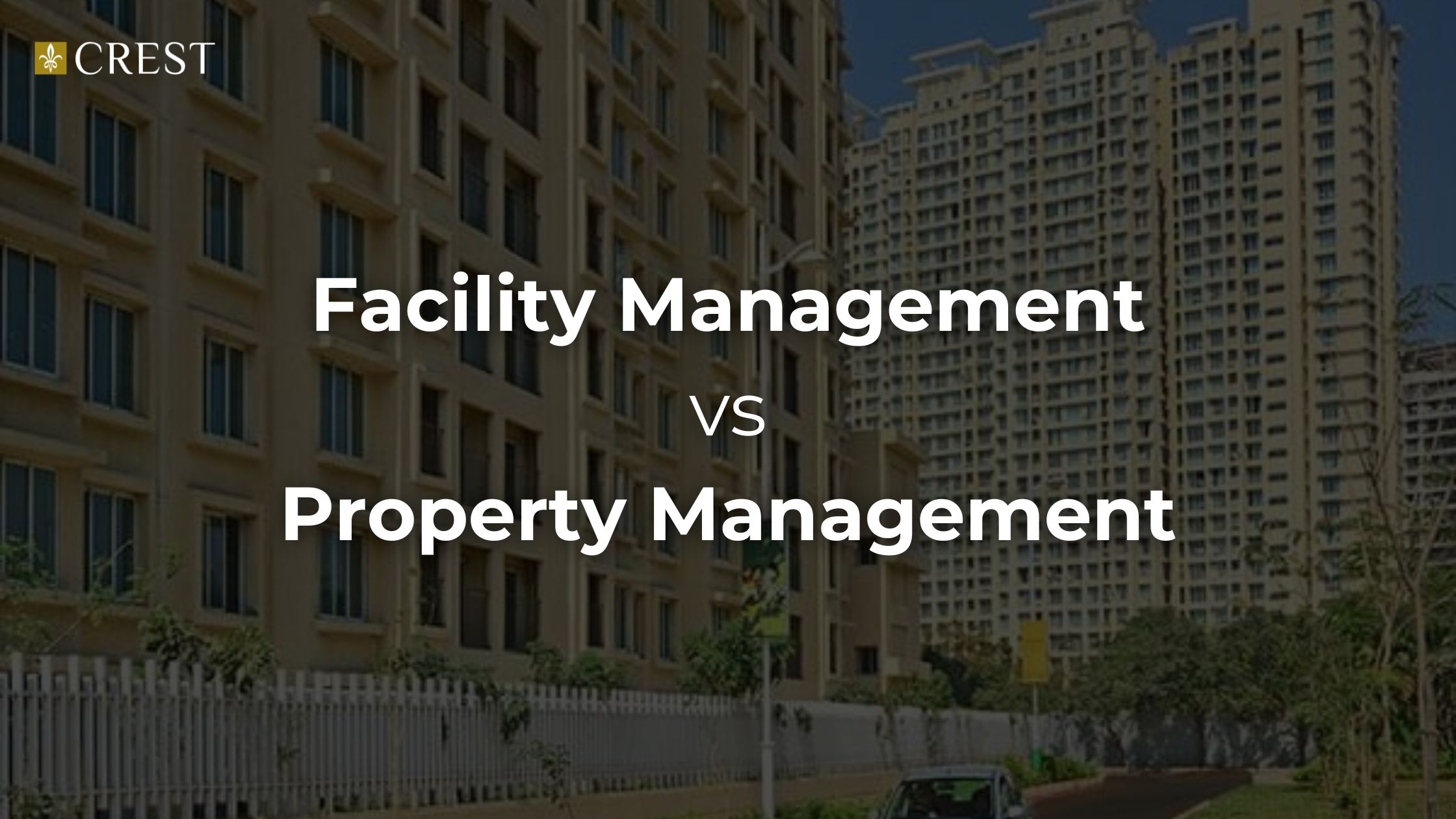



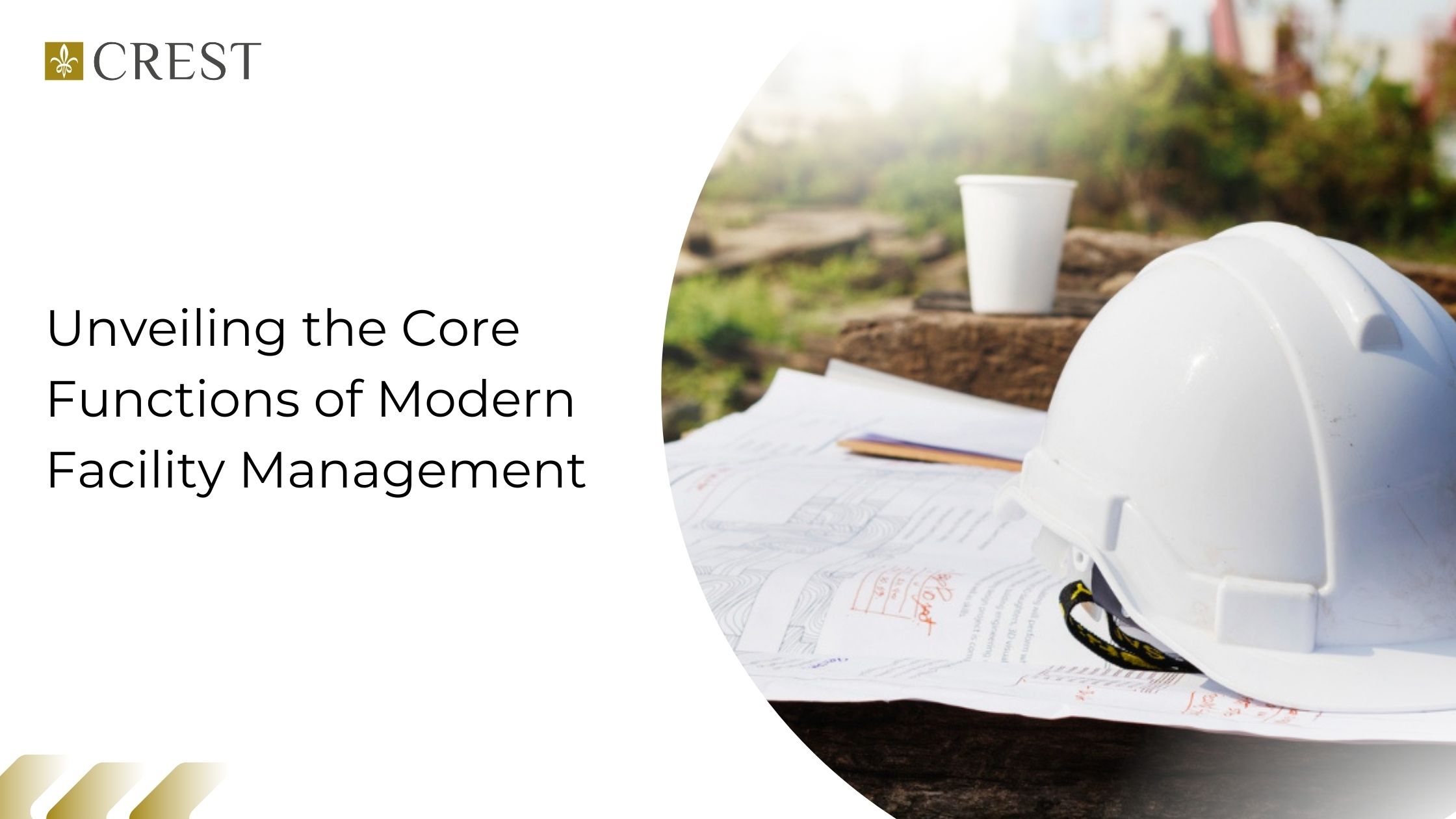

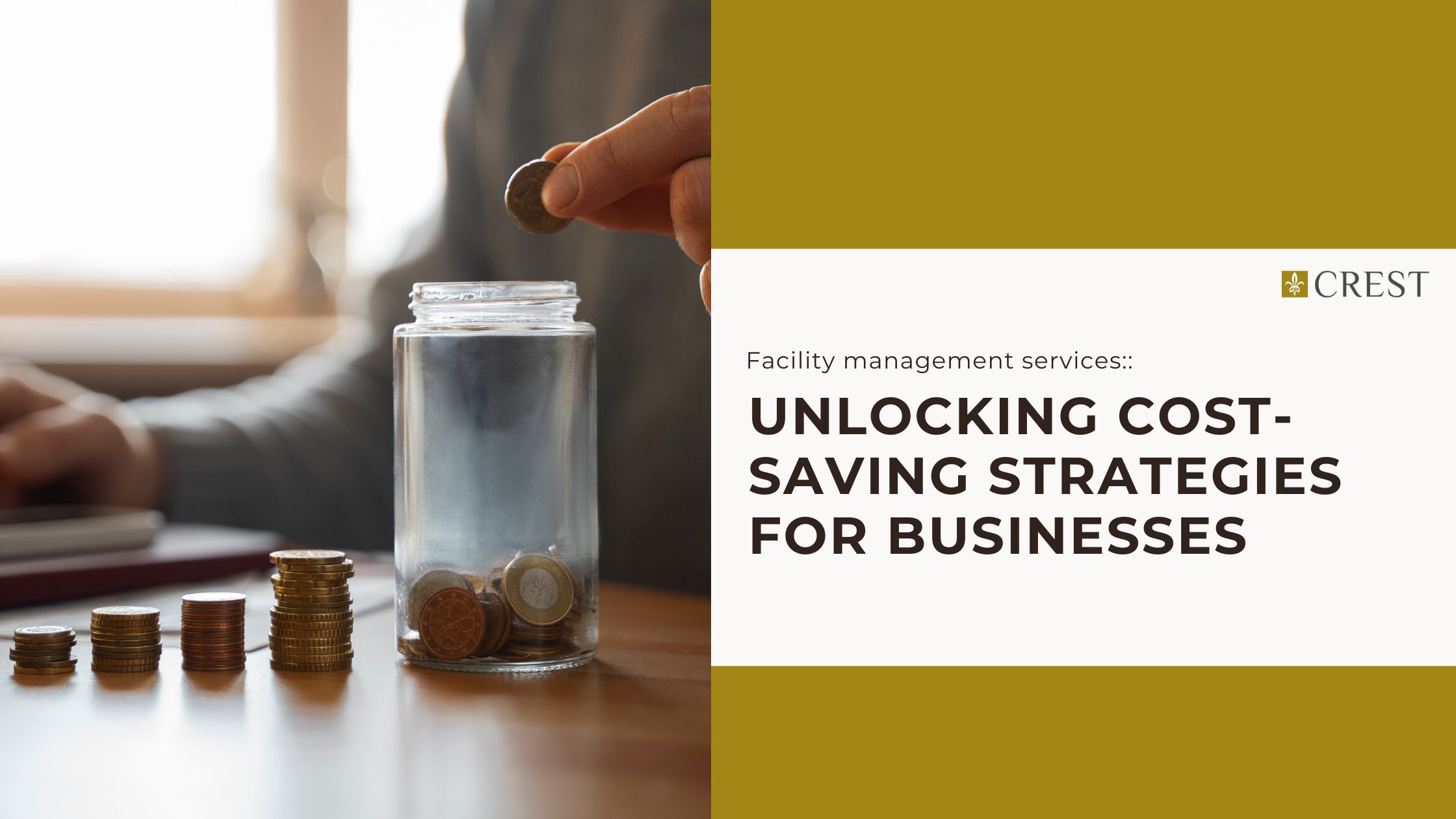



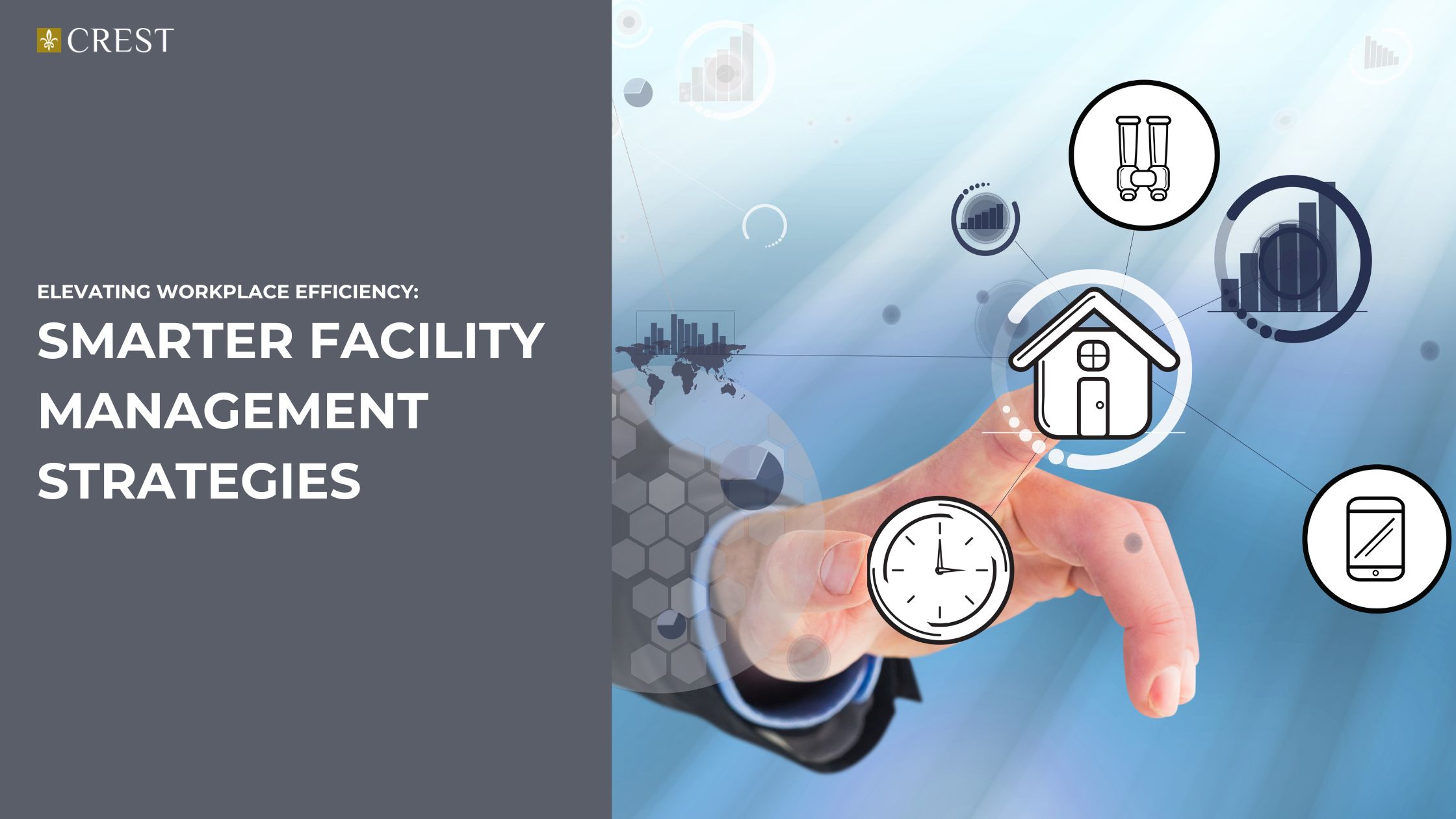

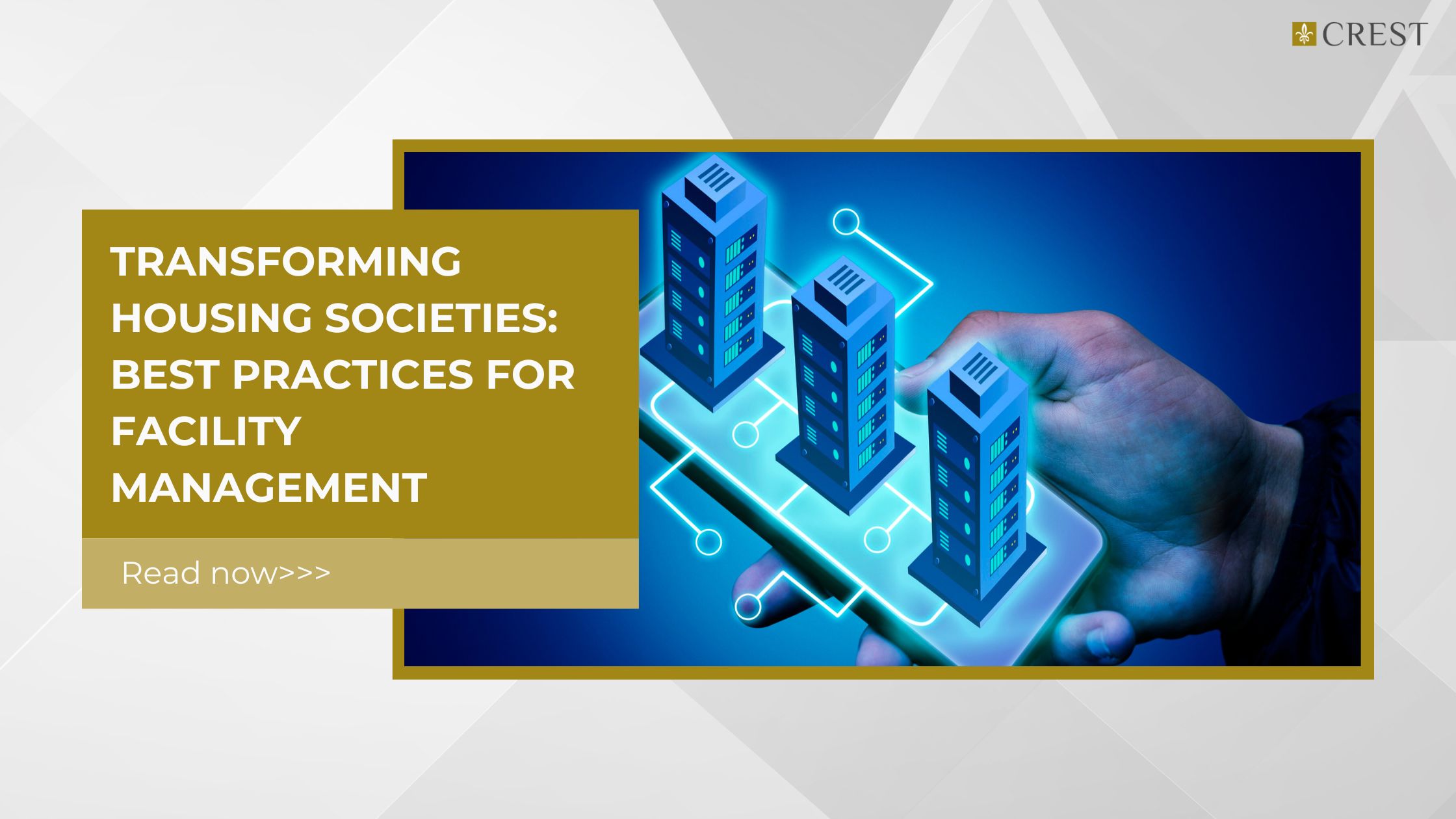




























Get Free Estimate
Thank you for your interest in services by Crest. You have requested quote for . The estimated quote for services is Rs + 18% GST.
If you are happy with the quote than please connect with our service team on +91 86575 31316 or write us at info@crestproperty.in. We are happy to assist you for the next steps.
Note: Quote is based on information provided by you. In case input information changes it will have direct impact on the quote and we will provide you revised quote.
